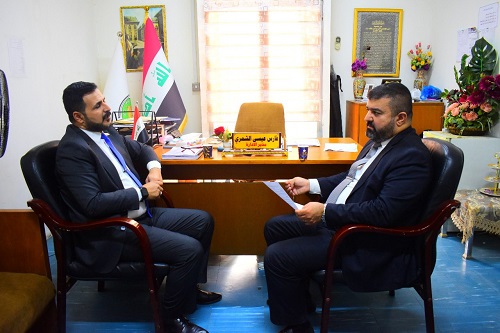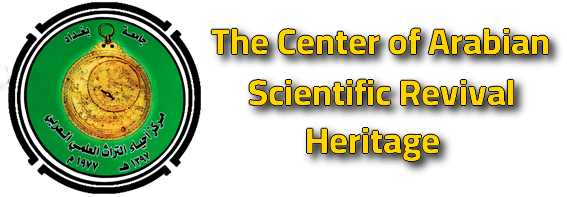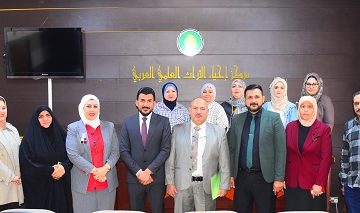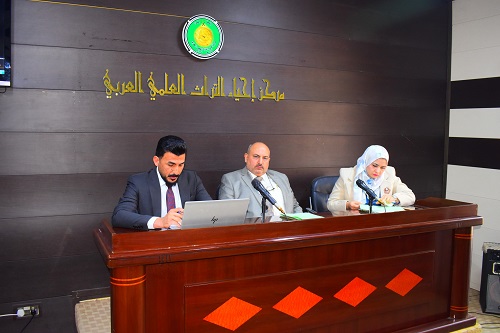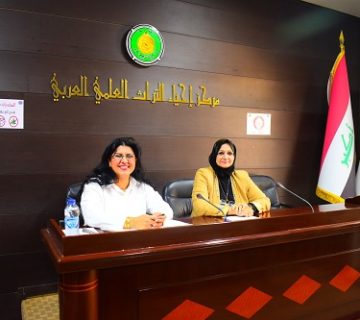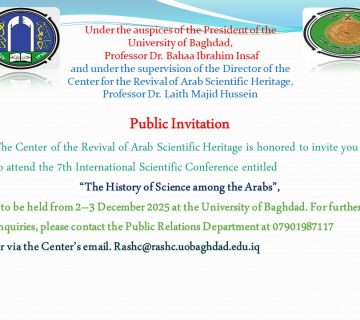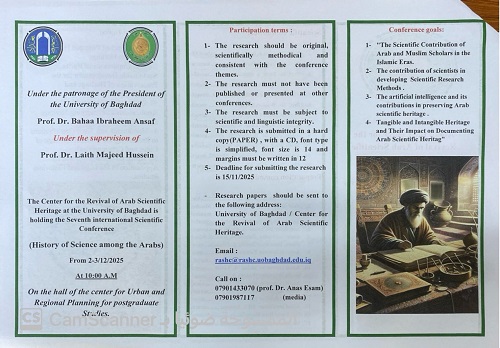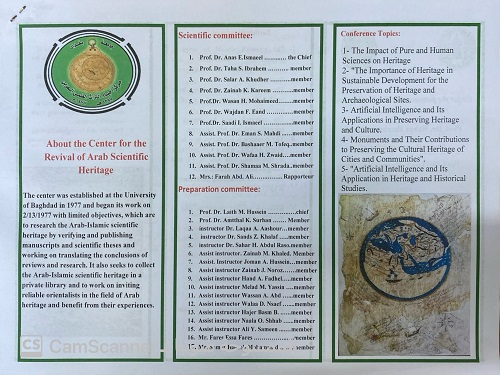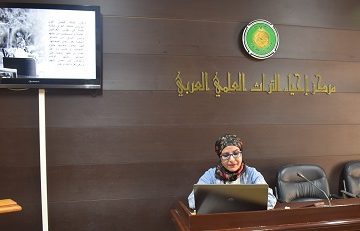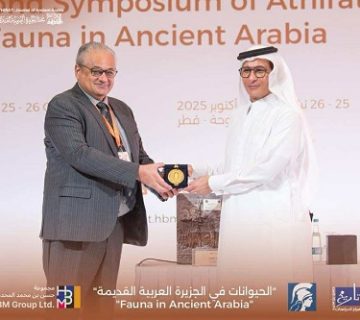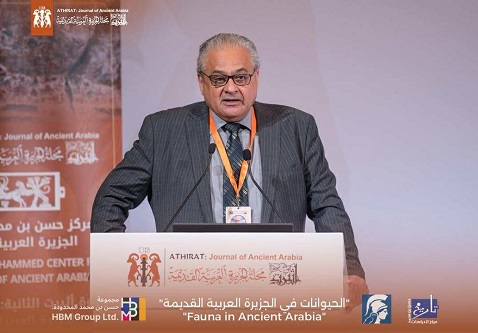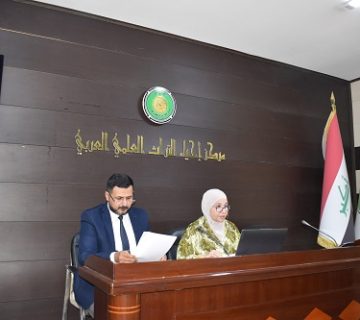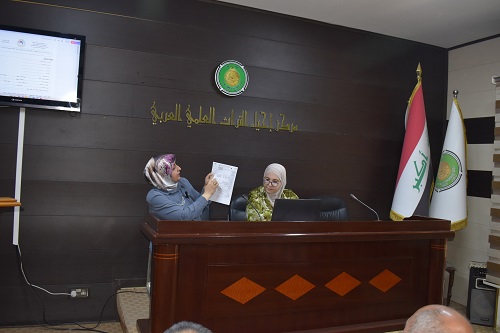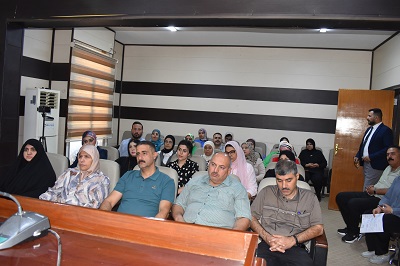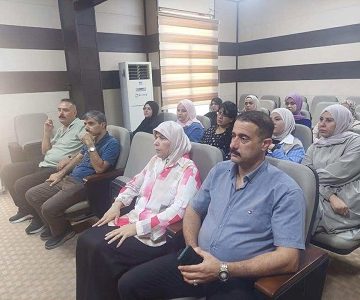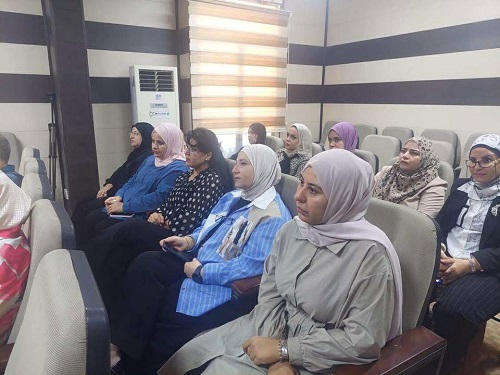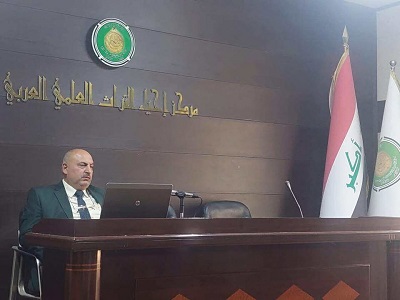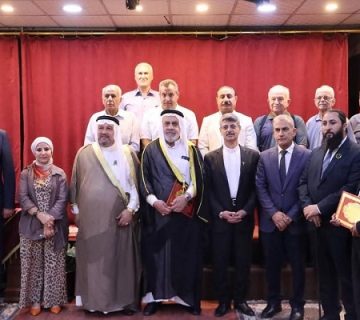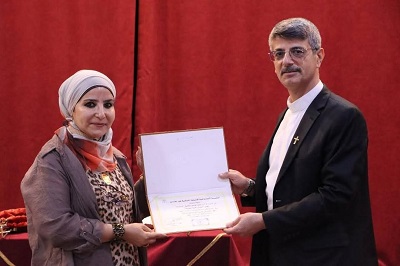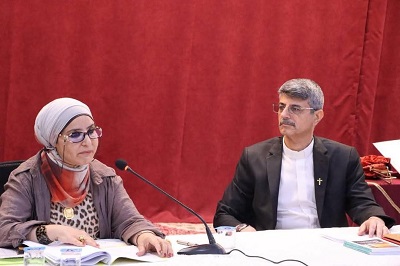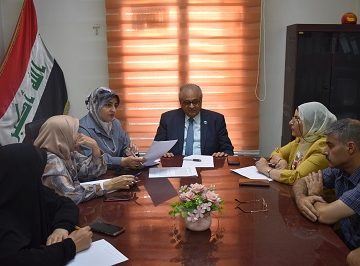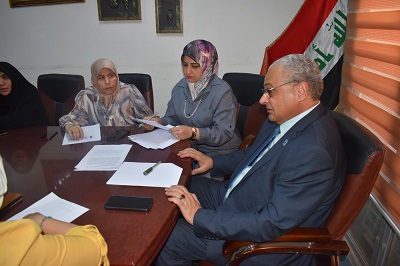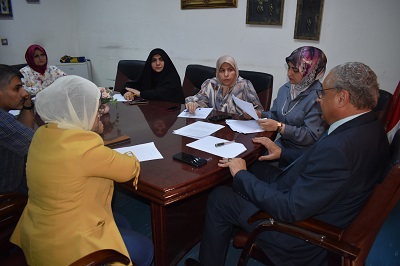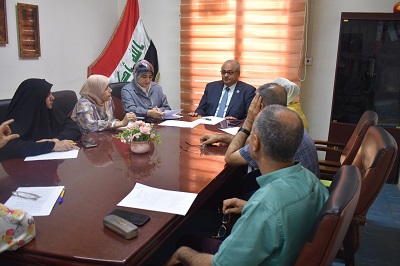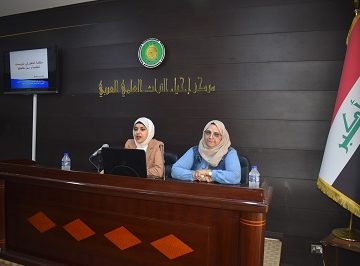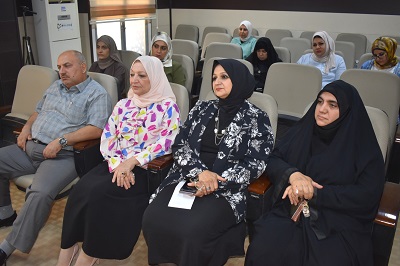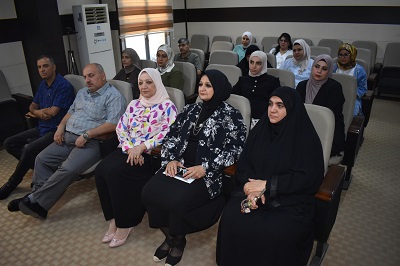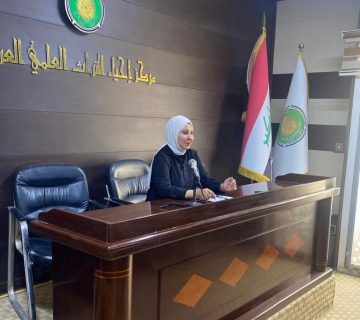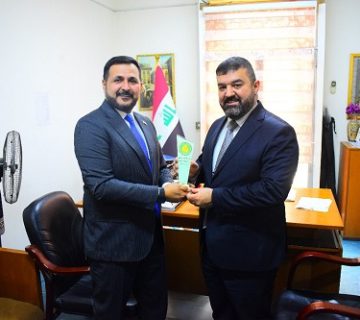
University of Baghdad Media Department Explores Mechanisms
University of Baghdad Media Department Explores Mechanisms for Developing the Media Unit at the Center for the Revival of Heritage
On Sunday, December 7, 2025, a delegation from the Media Department at the University of Baghdad—including Dr. Harith Ibrahim Mustafa, Director of the Media Department, Assistant Lecturer Saif Wahab, and Assistant Lecturer Shahad Haidar—visited the Center for the Revival of Arab Scientific Heritage to review the workflow of the Media Unit and discuss its development needs. The delegation was received by Mr. Fares Issa Fares, Administrative Director of the Center, where a number of questions raised by the Director of Media were discussed regarding coordination mechanisms, ways to enhance media work and its requirements, and prospects for mutual cooperation between the two sides. The visit aims to support the Center’s efforts in highlighting its scientific and cultural activities and in developing the performance of its Media Unit in a way that contributes to achieving the University’s vision and mission.
At the conclusion of the visit, the delegation was presented with the shield of the recently held conference along with a certificate of appreciation in recognition of their presence and support for the Center.

